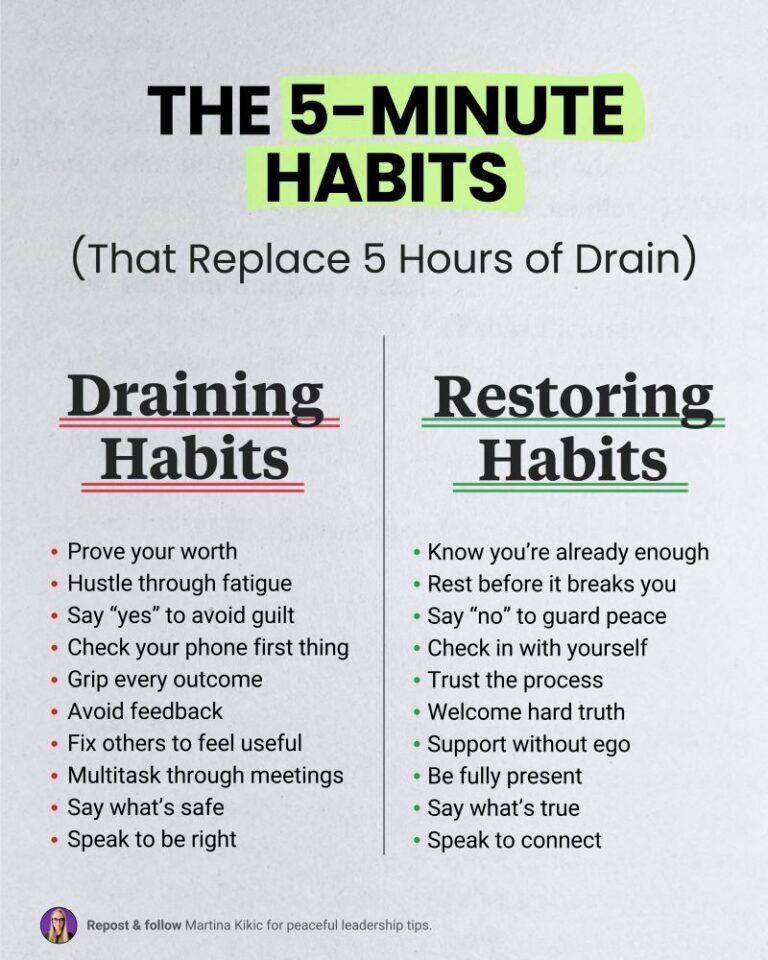
In yoga, developing balance means working on stability, but also on calm and concentration. Much of it involves abdominal breathing, as Daniel Lacerda writes in his book “2100 Asanas, the encyclopedia of yoga postures” (ed. Marabout): “Breathing promotes stability. If your breathing is racing, it’s probably because you are going too forcefully. Release the posture a bit and let your breath settle. “
1. THE POSTURE OF THE MOUNTAIN

The mountain posture is ideal for working on balance. Simple in appearance, it is very effective at anchoring itself in the ground and stretching while standing, on both feet.
The correct posture: stand with your feet together. The toes should be flat on the ground in order to mark the anchor point as much as possible. Stand up straight with the feeling that the head is pulled up by a thread and the tailbone is pulled down to the ground. The arms are at the side of the body and the weight of the body is distributed over each leg. Close your eyes, concentrating mentally on your feet.
The benefits: this posture prepares you for all the other balancing and anchoring postures. When you close your eyes, you tend to sway, that’s normal. It is by concentrating and focusing only on your feet that you will learn to distribute your weight correctly and find the right balance.
The variant: the mountain posture can be done with the hands facing the sky in order to open the rib cage and experience more stability. To find balance, arms in the air, it is essential to focus on your breathing.
2. THE POSTURE OF THE TREE
After having experienced the posture of the mountain, the sequence continues with that of the tree.

The benefits: by working on the tree posture, you learn to maintain your balance and above all you develop your concentration.
3. THE WARRIOR’S POSTURE
The warrior represents Shiva, the god of yoga. This posture is part of the continuity of the posture of the mountain and the tree.

The benefits: a true anchoring and strengthening posture, the warrior posture teaches us to keep balance thanks to the contraction of the abdominals and the quest for stability enabled by the correct positioning of the arms and the gaze.
WORK ON DAILY BALANCE
Everything can be learned. Yoga is a good practice to ward off loss of balance. But you can also do it in your daily life. While brushing your teeth, you can stand on one leg or put on your socks while standing. Stability is also maintained by climbing the stairs two by two without holding on to the handrail or by moving with books on your head, your back straight or with a glass of water full to the brim. The only watchword: concentration, the anchor point and good breathing.







